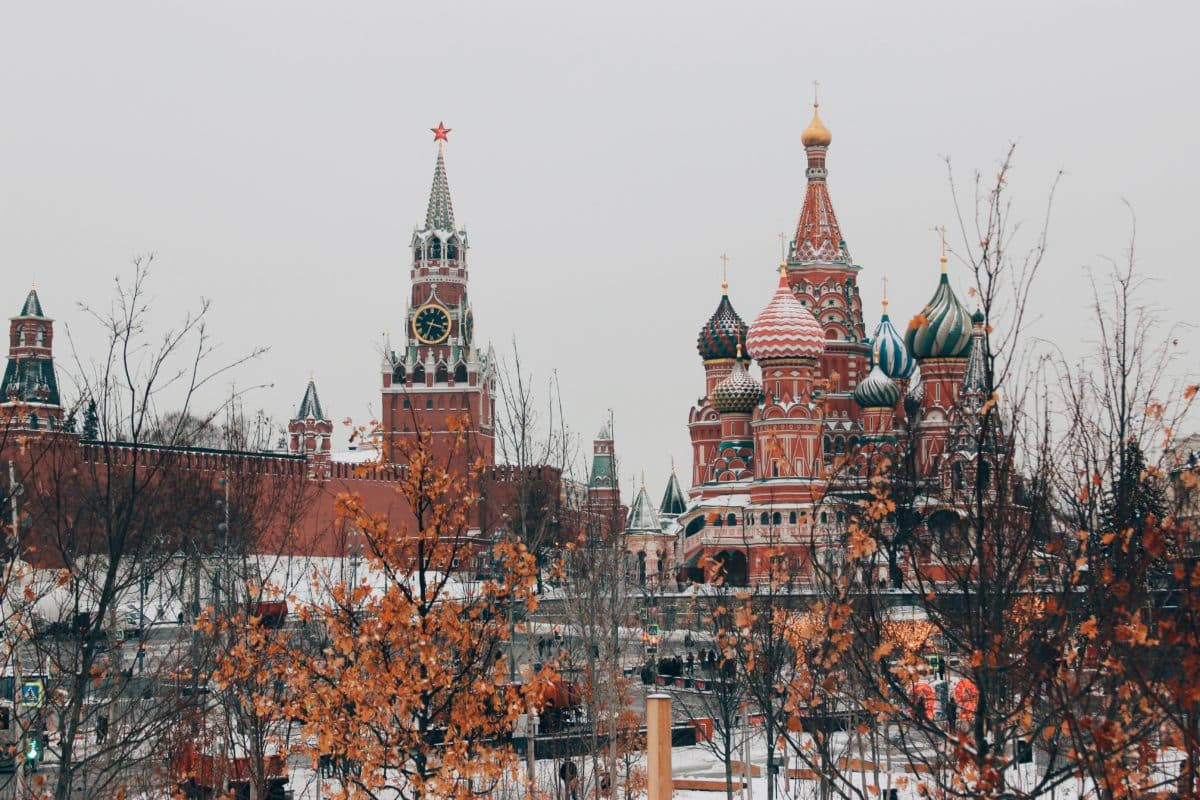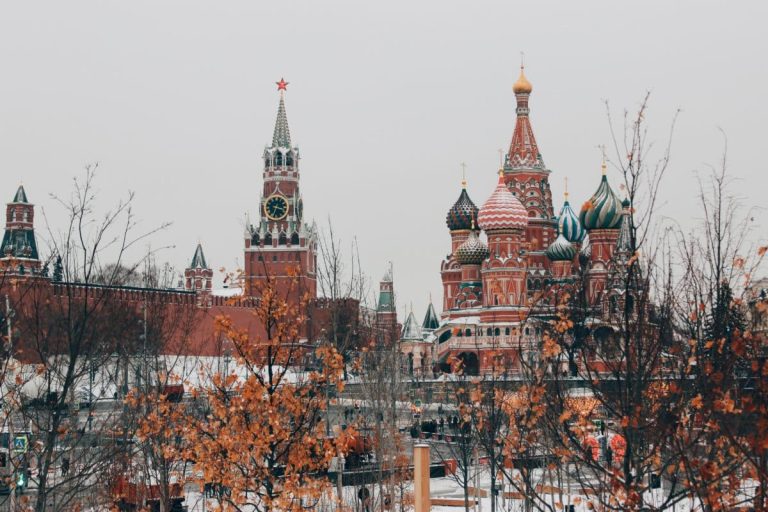
- The International Monetary Fund raised Russia's economic growth forecast to 2.6% from 1.1% previously.
- Despite this optimistic forecast, the International Monetary Fund warns of major challenges ahead for Russia, stressing the impact of the war economy.
- The massive increase in defense spending contrasts with a significant exodus of skilled labor, highlighting the complex dynamics.
In an unexpected turn of events, the Russian economy showed remarkable resilience in the face of harsh Western sanctions. In the wake of its large-scale invasion of Ukraine nearly two years ago, analysts predicted a dire economic future for Russia. However, the International Monetary Fund recently revised its growth forecasts for Russia. He doubled the expected pace of economic growth from 1.1% to 2.6%. This revision highlights an unexpected economic potential that has surprised many.
Shadows behind growth
Despite positive forecasts, the future of the Russian economy is full of uncertainty. International Monetary Fund Executive Director Kristalina Georgieva pointed to Russia's inherent challenges, describing its current situation as a “war economy.” The economic model has shifted, with the government directing significant resources to defense and military efforts. This shift toward a war economy is reminiscent of historical patterns characterized by increased production for military purposes and decreased consumer consumption. The significant increase in military spending, with spending on defense and security expected to constitute about 40% of total budget expenditures, represents a major redirection of the country's financial resources.
More than 800,000 skilled workers exit
The economic challenges facing Russia have been exacerbated by the departure of more than 800,000 individuals. Many of these individuals are highly skilled workers. They work in critical sectors such as IT and science. Ongoing conflict and its societal impacts are driving this mass exodus. Russia has been deprived of an important segment of its workforce. The loss of these professionals undermines the country's current economic capabilities. It also poses long-term damage to its development prospects.
In sum, while the Russian economy has shown unexpected resilience amid sanctions and geopolitical tensions, this resilience is accompanied by significant challenges. The dramatic shift toward defense spending and the worrying trend of skilled labor flight illustrate the complex trade-offs facing a country in turmoil. As the international community continues to watch closely, the true cost of Russia's current economic strategy remains unclear, presenting an image of resilience overshadowed by the looming difficulties.

